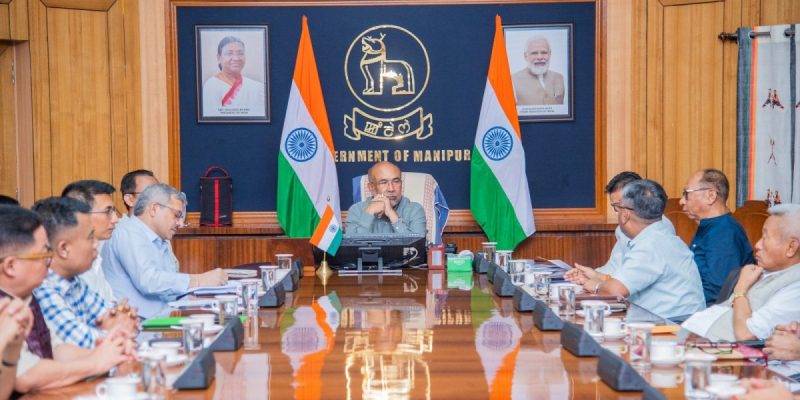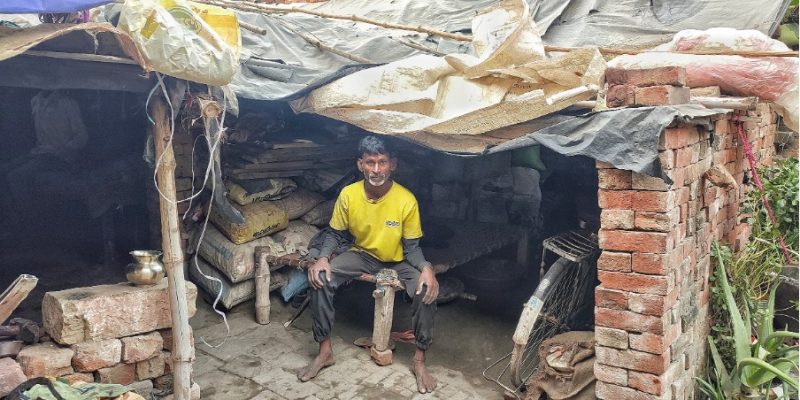Wagner mercenaries in Belarus move closer to the Polish border, Poland’s prime minister says

NEW DELHI: Nearly 9 million Indian expats live and work in Gulf Cooperation Council countries, new data shows, making the region their top destination and the India-Gulf migration corridor one of the busiest in the world.
The migration of Indian workers to the Gulf was already significant during British colonial rule and increased greatly after the oil boom of the 1970s. The number of newcomers continued to grow over the decades as Gulf countries invited foreigners to join their workforce.
Recent estimates by the Ministry of External Affairs show that the number is 8.8 million, or over 66 percent of non-resident Indians — citizens holding an Indian passport but residing outside the country.
The figures were made public and made the rounds in local media after a request by a Nagpur-based citizen who sought the data under the Right to Information Act 2005, which mandates government response to citizen queries.
FASTFACTS
• The migration of Indian workers to the Gulf was already significant during British colonial rule and increased greatly after the oil boom of the 1970s. The number of newcomers continued to grow over the decades as Gulf countries invited foreigners to join their workforce.
• Recent estimates by the Ministry of External Affairs show that the number is 8.8 million, or over 66 percent of non-resident Indians — citizens holding an Indian passport but residing outside the country.
In the RTI reply, the ministry said that an estimated 10.34 million NRIs live in 210 countries, including 3.41 million in the UAE, 2.59 million in Saudi Arabia, 1.02 million in Kuwait, 740,000 in Qatar, 700,000 in Oman and 320,000 in Bahrain. Outside the Gulf region, the biggest concentration of NRIs was in the US with 1.28 million, and in the UK with 350,000.
“Indians have been attracted to the employment opportunities in the Gulf market, initially due to the booming oil industry, and of late because of the economic diversification wherein skilled workers and professionals from across India find employment in different sectors including IT, health and medical care, engineering, real estate and construction, retail etc.,” said Muddassir Quamar, Middle East expert and associate professor at Jawaharlal Nehru University in New Delhi.
“The growing economic relations between India and Gulf countries have also been a factor in making the India-Gulf migration corridor one of the world’s busiest.”
The main factors attracting Indian expats were remuneration and geographical proximity, making the Middle East a convenient destination for them — a factor that is unlikely to change anytime soon despite the ongoing market changes in the Gulf due to economic diversification and nationalization of jobs.
“Discipline, dedication and professional skill are major reasons Gulf employers prefer Indian workers,” Quamar said.
“The demand for such workers in the Gulf market will remain a constant, and so will the continued flow of Indians to Gulf countries.”
For Prof. Sujata Ashwarya of the Jamia Millia Islamia University in New Delhi, historical labor relations between the South Asian country and the Middle East have shown that Indians are preferred for their professionalism.
“And Indians work there because the jobs pay well relative to their home country. These elements have not changed over time. Therefore, there is a complementarity of interest, and this equation has been successful,” she said.
What may change in the labor migration dynamic is the distribution of Indian expats across GCC countries and the level of their skills, with more opportunities for professionals emerging especially in Saudi Arabia, which currently is second, after the UAE, in terms of the number of Indians it employs.
“Saudi Arabia is far richer than in the past. They are building two cities and that means opportunities for India’s top talent. The quality of workers from India will change dramatically now,” said Sanjay Kapoor, analyst and chief editor of the political magazine Hard News.
“The Gulf region means a lot to aspiring Indians. It provides good-quality living conditions, salaries higher than what they get at home and respect for plurality. All the downsides of Indian society are absent in the Gulf.”







